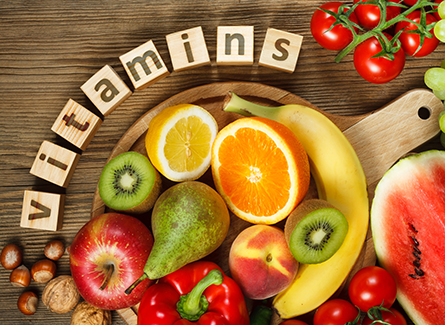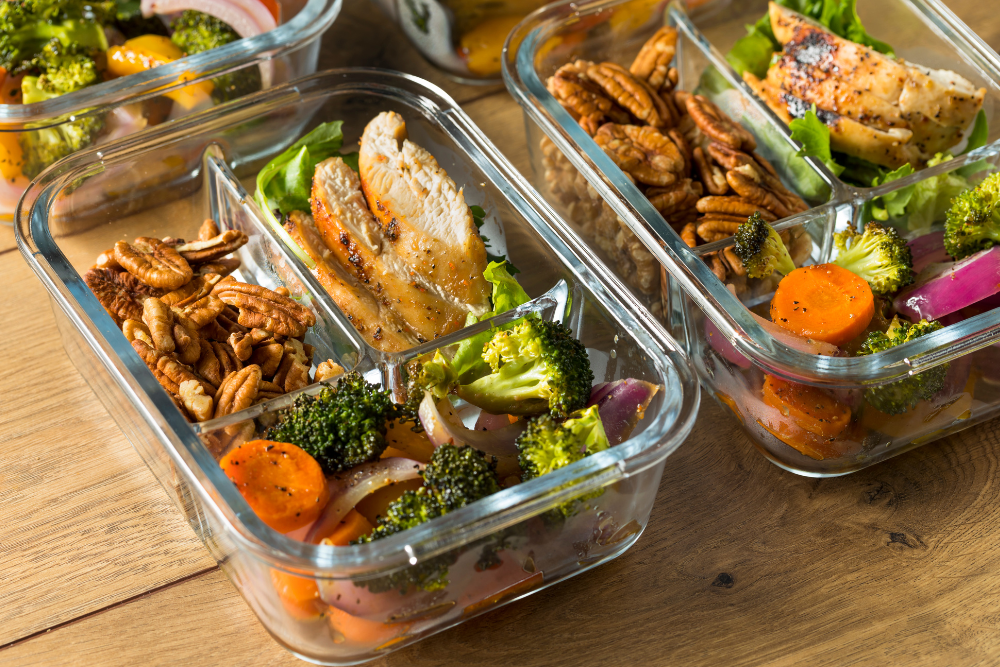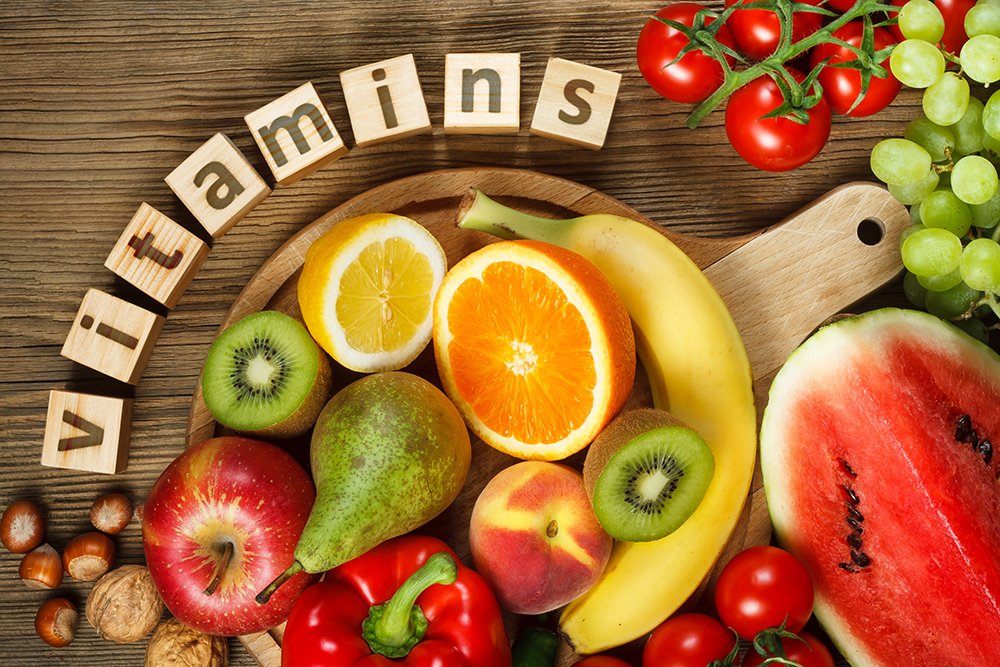
Supplements: What You Need, What You Don't and What May Be Harmful
August 17, 2022, Noon
Many people take dietary supplements to improve their diet. Many supplements contain active ingredients that can have strong effects in the body. Learn more from Alexandra Deboest, PharmD, about what supplements are recommended and what you should avoid.
Vitamins and minerals do a body good, but who has time to figure out which foods offer what benefits? This short list of five essential nutrients, opens new tab gives you a good start.
You might be thinking, “Can’t I just take supplements?” Sure, you can. However, whole foods offer better benefits, and they’re easier for your body to absorb. If you think you don’t have time to pull together a healthy meal, think again. Most of the foods you need are perfect for salads, smoothies
and
snacks. And, many of them pull double duty.
The List
According to the U.S. Department of Agriculture, most adult Americans need more:
- Calcium
- Fiber
- Magnesium
- Potassium
- Vitamin A
Break It Down
Calcium helps maintain bone mass, regulate blood pressure and lower cholesterol levels. Try to get about three servings a day.
Good sources are:
- Calcium-fortified soy, almond or other milk alternatives
- Dried figs
- Green, leafy veggies (kale, broccoli, spinach)
-
Low-fat or non-fat milk, yogurt
and
hard cheeses -
Seafood (sardines, salmon
and
oysters)
Fiber helps lower your cholesterol and manage your blood sugar. It also keeps your digestive tract moving smoothly. Fiber is filling, and because it’s often found in low-calorie foods, it helps you manage your weight. Add high-fiber foods to your meals several times a week.
Good sources are:
- Beans (black, lentil, chickpeas)
- Fruits and vegetables
- Popcorn
-
Whole-grain
breads
, cereals
and
crackers - Whole grains (quinoa and wild rice)
- Whole-wheat pasta
Magnesium keeps your body’s systems firing the way they should. It also keeps your bones and heart strong, regulates your blood sugar levels and fights inflammation. Make an effort to add fruits, veggies and whole grains to your daily diet.
Good sources are:
- Avocados
- Beans (chickpeas, white beans, lentils)
- Green, leafy veggies (kale, broccoli, spinach)
- Nuts and seeds
- Peas
- Soy products
-
Whole-grain
breads
, cereals
and
crackers
Potassium helps maintain muscle and bone strength, boosts the nervous system and revs up energy levels. It may also help protect against high blood pressure, stroke and kidney disorders. Try to eat 4,200 mg of potassium every day.
Good sources are:
- Bananas
- Cantaloupe
- Fat-free yogurt
- Fish (salmon, halibut)
- Green, leafy veggies (kale, broccoli, spinach)
- Sweet potatoes
- White beans
Vitamin A keeps your eyes healthy and protects your immune system.
Good sources are:
- Cantaloupe
- Carrots
- Fish (salmon)
- Green, leafy veggies (kale, broccoli, spinach)
- Sweet potatoes
- Tomatoes
- Vitamin A-fortified milk and cereals
If you’re concerned whether you’re getting the right amount of vitamins and minerals, your primary care doctor, opens new tab can help you make sure you’re getting what you need.
Related Articles

November 7, 2024
10000 Steps Good Enough
How many steps did you log today? It’s a popular question, and the gold standard answer is 10,000. Yet, depending on your health goals, you may need to pick up the pace.

June 1, 2019
5 Day Meal Prep
Who says eating healthy has to be difficult? One of our Registered Dietitians shows us how easy it can be to prep lunches for a busy week.

June 1, 2019
5 Foods With Health Benefits
Dark ChocolateBoost your mood and your memory (think antioxidants) by savoring dark chocolate. It may also help your heart health. Just 1 oz. is all it takes...

December 9, 2019
5 Free Indulgences
Are you ready for the hubbub of the holidays? The season’s festivities are always fun, but they can also wear you down. If your holiday spirit needs rechargi...

June 1, 2019
5 Minutes to a Happier You
Feeling stressed, angry or anxious? Head to the great outdoors. A new study has found that a five-minute walk can work wonders for your mood.The more natural...

July 27, 2022
5 Must Have Nutrients
Vitamins and minerals do a body good, but who has time to figure out which foods offer what benefits? This short list of five essential nutrients, opens new ...


